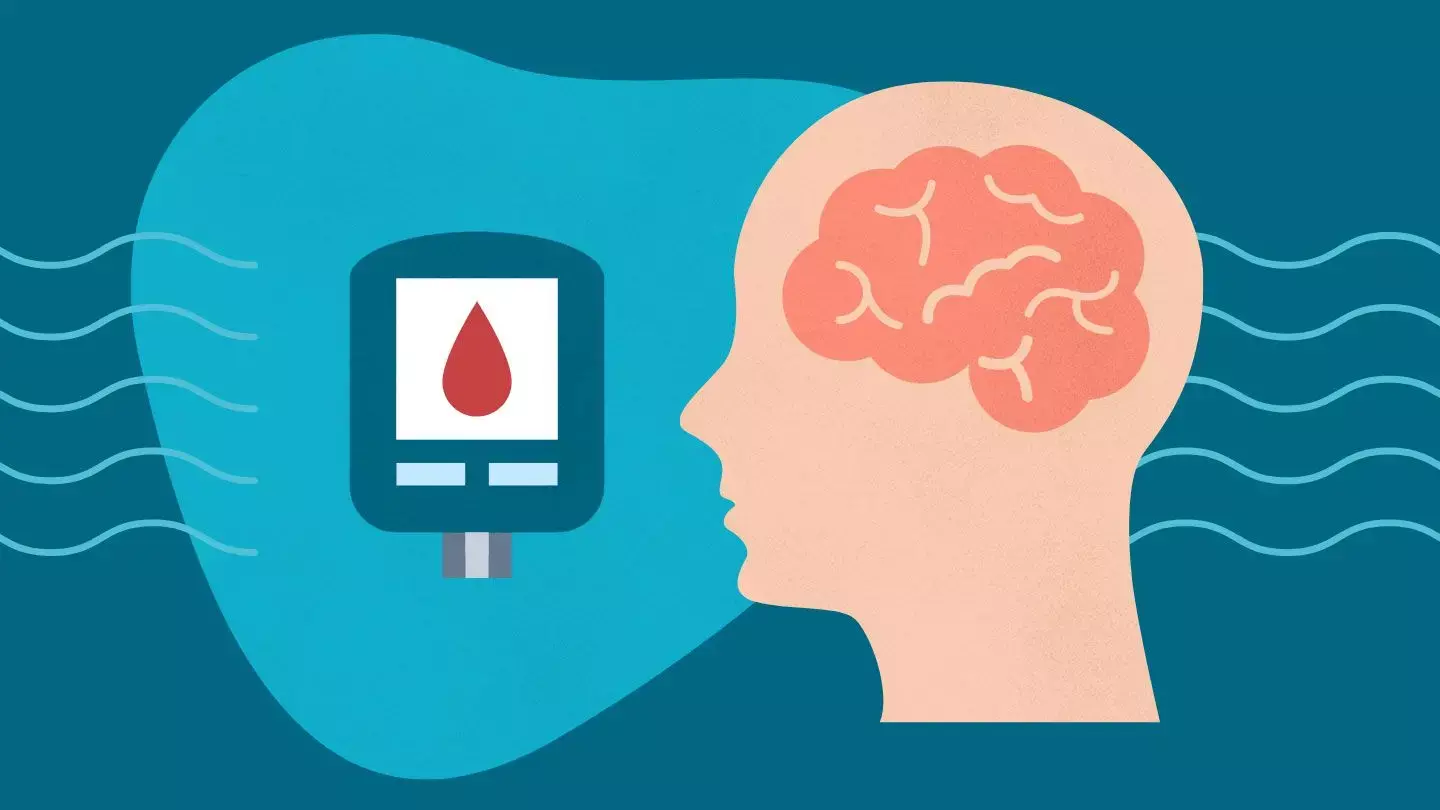- Home
- Medical news & Guidelines
- Anesthesiology
- Cardiology and CTVS
- Critical Care
- Dentistry
- Dermatology
- Diabetes and Endocrinology
- ENT
- Gastroenterology
- Medicine
- Nephrology
- Neurology
- Obstretics-Gynaecology
- Oncology
- Ophthalmology
- Orthopaedics
- Pediatrics-Neonatology
- Psychiatry
- Pulmonology
- Radiology
- Surgery
- Urology
- Laboratory Medicine
- Diet
- Nursing
- Paramedical
- Physiotherapy
- Health news
- Fact Check
- Bone Health Fact Check
- Brain Health Fact Check
- Cancer Related Fact Check
- Child Care Fact Check
- Dental and oral health fact check
- Diabetes and metabolic health fact check
- Diet and Nutrition Fact Check
- Eye and ENT Care Fact Check
- Fitness fact check
- Gut health fact check
- Heart health fact check
- Kidney health fact check
- Medical education fact check
- Men's health fact check
- Respiratory fact check
- Skin and hair care fact check
- Vaccine and Immunization fact check
- Women's health fact check
- AYUSH
- State News
- Andaman and Nicobar Islands
- Andhra Pradesh
- Arunachal Pradesh
- Assam
- Bihar
- Chandigarh
- Chattisgarh
- Dadra and Nagar Haveli
- Daman and Diu
- Delhi
- Goa
- Gujarat
- Haryana
- Himachal Pradesh
- Jammu & Kashmir
- Jharkhand
- Karnataka
- Kerala
- Ladakh
- Lakshadweep
- Madhya Pradesh
- Maharashtra
- Manipur
- Meghalaya
- Mizoram
- Nagaland
- Odisha
- Puducherry
- Punjab
- Rajasthan
- Sikkim
- Tamil Nadu
- Telangana
- Tripura
- Uttar Pradesh
- Uttrakhand
- West Bengal
- Medical Education
- Industry
Persistent Hyperglycemia increases death risk in Non-Diabetics with Intracerebral Hemorrhage

Hyperglycemia may be associated with worse outcomes after intracerebral hemorrhage (ICH). In a recent study, researchers have found that in non-diabetic patients with intracerebral haemorrhage, persistent hyperglycemia (either moderate or severe) increases the risk of mortality or disability. The study findings were published in the journal Stroke on November 30, 2021.
The report from a National Institute of Neurological Disorders and Stroke Workshop on priorities for clinical research in intracerebral hemorrhage (ICH) in December 2003 recommended clinical trials for evaluation of blood pressure (BP) management in acute ICH as a leading priority. The Special Writing Group of the Stroke Council of the American Heart Association in 1999 and 2007 emphasized the need for clinical trials to ensure evidence-based treatment of acute hypertension in ICH. Therefore, Dr Iryna Lobanova and her team conducted a 5 years study to evaluate the effect of persistent hyperglycemia on outcomes in 1000 patients with intracerebral hemorrhage enrolled within 4.5 hours of symptom onset.
In this five-year international, multicenter, open-labelled, randomized study, the researchers determined moderate and severe hyperglycemia based on serum glucose levels ≥140 mg/dL—<180 and ≥180p mg/dL, respectively, measured at baseline, 24, 48, and 72 hours. They further determined persistent hyperglycemia as 2 consecutive (24 hours apart) serum glucose levels. They evaluated the relationship between moderate and severe hyperglycemia and death or disability (defined by modified Rankin Scale score of 4–6) at 90 days in the overall cohort and in groups defined by preexisting diabetes.
Key findings of the study:
- Upon multivariate analysis, the researchers found that both moderate (odds ratio, 1.8) and severe (odds ratio, 1.8) hyperglycemia were associated with higher 90-day death or disability after adjusting for Glasgow Coma Scale score, hematoma volume, presence or absence of intraventricular hemorrhage, hyperlipidemia, cigarette smoking, and hypertension.
- Among the patients without preexisting diabetes, they noted that both moderate (odds ratio, 1.8) and severe (odds ratio, 2.0) hyperglycemia were associated with 90-day death or disability after adjusting for above mentioned potential confounders.
- However, they found that the patients with preexisting diabetes, moderate and severe hyperglycemia were not associated with 90-day death or disability.
The authors concluded, "Persistent hyperglycemia, either moderate or severe, increased the risk of death or disability in nondiabetic patients with intracerebral hemorrhage."
For further information:
Medical Dialogues Bureau consists of a team of passionate medical/scientific writers, led by doctors and healthcare researchers. Our team efforts to bring you updated and timely news about the important happenings of the medical and healthcare sector. Our editorial team can be reached at editorial@medicaldialogues.in.
Dr Kamal Kant Kohli-MBBS, DTCD- a chest specialist with more than 30 years of practice and a flair for writing clinical articles, Dr Kamal Kant Kohli joined Medical Dialogues as a Chief Editor of Medical News. Besides writing articles, as an editor, he proofreads and verifies all the medical content published on Medical Dialogues including those coming from journals, studies,medical conferences,guidelines etc. Email: drkohli@medicaldialogues.in. Contact no. 011-43720751


